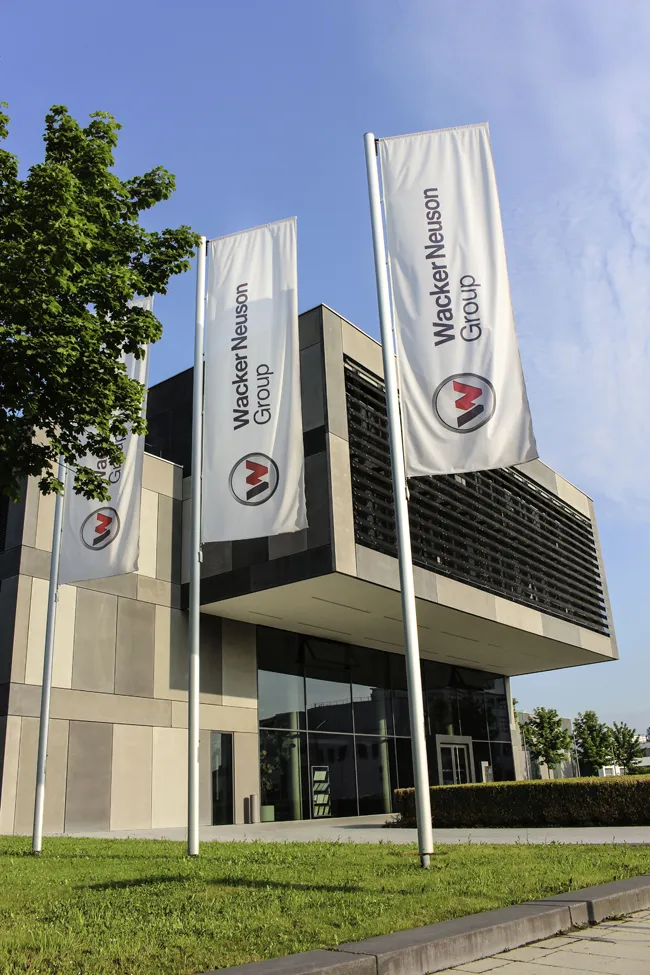
The machinery and equipment manufacturers' association says the drop in orders in January amounted to minus 2% in real terms and that, once again, orders from abroad had a stabilising effect. Orders from euro partner countries increased by 13%, while orders from non-euro countries fell by 5%. For foreign countries as a whole, this resulted in stagnation of orders compared to the previous year. The order volume from Germany remained 6% below the previous year's result.
"Uncertainties in geopolitics and trade policy as well as the tense economic situation in numerous customer industries continue to weigh on investment sentiment globally. However, foreign business appears to be stabilising. And after orders from the non-euro area saw double-digit growth in December, orders from neighbouring euro area countries followed suit in January. By contrast, the decline in domestic business remains a cause for concern,” commented VDMA chief economist Ralph Wiechers.
In the less volatile, more meaningful three-month period from November 2024 to January 2025, the VDMA says companies recorded a drop in incoming orders of in real terms 2% compared to the previous year. Domestic business (minus 10%) recorded significant declines, while foreign business increased slightly (plus 1%). Eurozone countries ordered 5% more machinery and equipment during this period, while non-eurozone countries stagnated.







